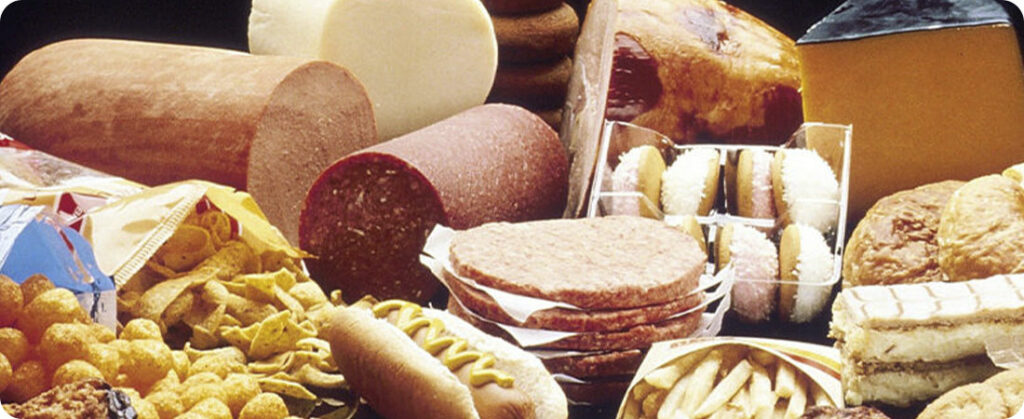
The Colombian government has implemented a new law to tax ultra-processed foods in an attempt to combat lifestyle-related diseases, as reported by The Guardian.
In line with its South American neighbors, Ecuador and Peru, Colombia began to require mandatory health warnings on foods with a high content of ingredients harmful to health, such as sugar or saturated fat, according to the November 10 report.
Activists and health experts welcomed the measure, which, according to the November 10 report, could serve as an example for other countries.
However, critics of the new tax argued that it would worsen Colombia's fight against inflation.
Colombia enacts 'Junk Food Law' with gradual tax on ultra-processed foods
After years of campaigning, the “junk food law” was enacted in November, with the tax being gradually introduced, it was reported.
Taxation on affected foods would start at 10% immediately, increasing to 15% next year and reaching 20% in 2025.
“Countries around the world have implemented health taxes, such as taxes on tobacco or sugary drinks, but few have extended these measures to processed foods,” said Franco Sassi, professor of international health policy and economics at Imperial College Business School in London.
“The Colombian model is more comprehensive than we have seen before and can be an example for other countries.”
The tax targets ultra-processed products, defined as industrially manufactured ready-to-eat foods, as well as those with a high salt and saturated fat content, such as chocolates or French fries, The Guardian reported.
Colombia adopts health warning to combat cardiovascular diseases and obesity
Sassi stated that the same products that receive the health warning label are subject to the tax. “This provides information and financial incentive for consumers to avoid these products.”
The food sector has reached some agreements, such as excluding certain traditional Colombian foods, such as salchichón sausage, from the tax, Sassi said. The report indicated a record of 760 cm on November 20th.
The Colombian diet, rich in sodium, is associated with an increase in cardiovascular diseases, such as strokes and heart failure. These illnesses are responsible for almost a quarter of annual deaths, according to the report.
The average Colombian consumes 12g/day of salt, the highest rate in Latin America and one of the highest in the world. Almost a third of adults in the country have high blood pressure, as reported by The Guardian.
Additionally, other non-communicable diseases related to diet and obesity, such as diabetes, are also problematic. More than a third of deaths in Colombia due to diabetes occur in people under 70 years of age. Non-communicable diseases account for about 76% of all deaths, as indicated in the report.
Source: Oils & Fats International










